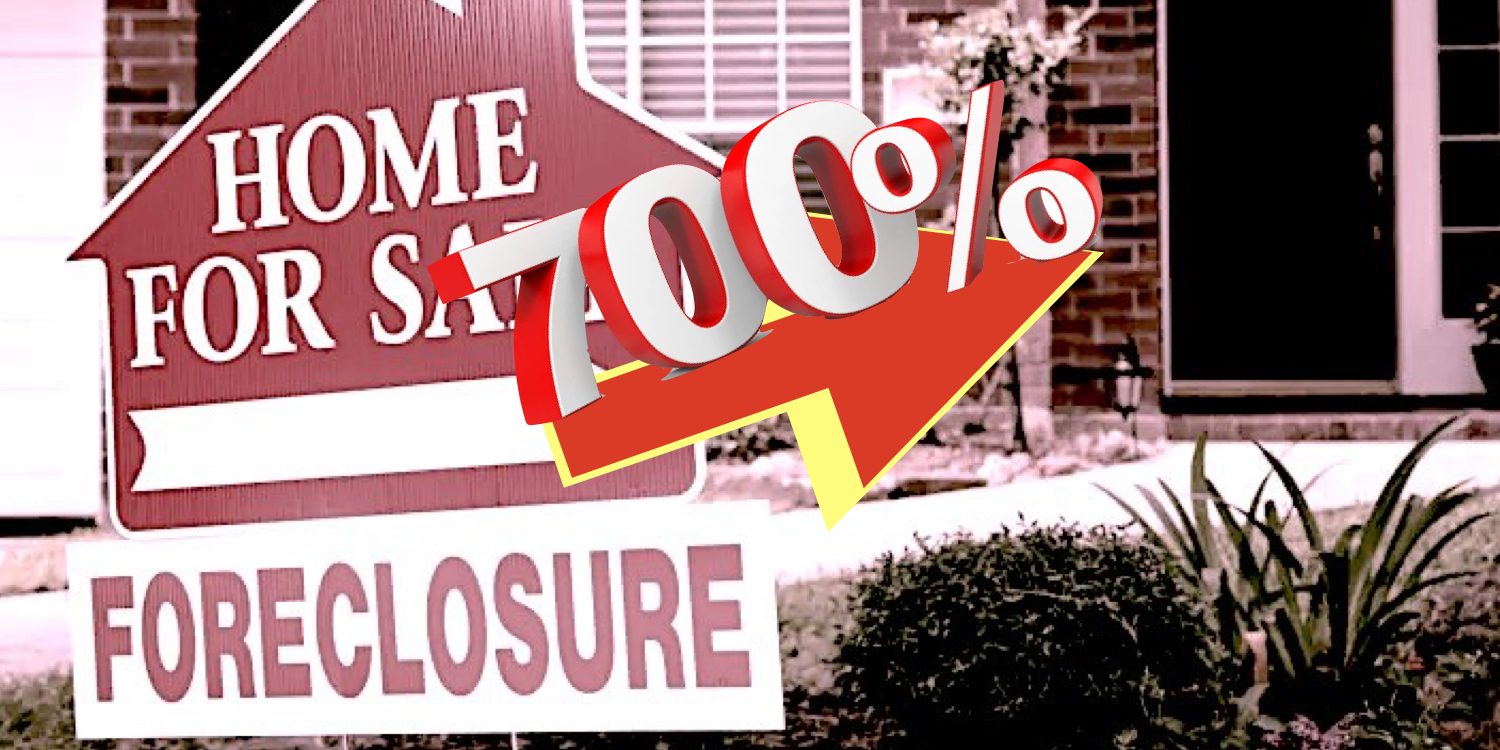One MSN reader asks if she should financially support her parents to avoid a reverse mortgage as she’s the sole heir. Here’s what they said.
Continue readingHow a Trump Admin May Impact Home Prices
How will a Trump presidency impact the housing market? That all depends on which economic policies he chooses to enact first. Here’s what industry experts are saying.
Continue readingBoomer Struggles After Retiring to Care for Ailing Wife
The National Reverse Mortgage Lenders Association Annual Meeting & Expo last week was notable for many reasons- most remarkable was the announcement of a major change in the association’s management and leadership.
Continue readingHere’s Where Home Equity is Rising & Falling
Barrons reports some advisors are touting a different approach to help retirees meet future cash needs: a reverse mortgage line of credit.
Continue readingHas the Housing Crash Been Canceled?
Has the housing market crash been canceled? That is the question many real estate and mortgage professionals are asking after a year of housing crash predictions have failed to materialize- at least nationwide
Continue readingA closer look at September’s HECM Endorsement data
Unable to use the embedded player? Listen here.
EPISODE #743
Moodys says these 210 housing markets could crash 25-30%
[Fortune] “Moody’s Analytics expects that U.S. home price decline to widen to between 25% to 30% in 210 “significantly overvalued” housing markets.
Other Stories:
-
Homebuilder sell-off to impact neighborhood home values
-
A closer look at September’s HECM Endorsement data
What’s offsetting lower HECM PLFs
Despite rising rates and lower PLFs, HECM opportunities abound. Here’s why…
Continue readingForeclosure starts surge 700%
Foreclosure starts are up 702% from December to January with 32,900 loans. What does this mean for the housing market and reverse mortgage lenders?
Continue readingPodcast E646: How COVID vaccines could upend the housing market
Unable to use the embedded player? Listen here.
How COVID-19 Vaccines will Upset the Housing Market
The coronavirus pandemic has dramatically changed the landscape of the housing market- especially in urban areas. Here’s how COVID-19 vaccines in 2021 are poised to upset housing trends once again.
Other Stories:
-
COVID has slowed but hasn’t stopped FHA’s search for a new servicer
5 Reasons to be Excited!
In the early spring, you may have been ‘locked down’ working remotely in response to the COVID-19 pandemic and caught a case of cabin fever in the process. Perhaps you over-indulged in binge-watching Netflix to pass the time you would have typically spent going out to social functions. Regardless of what your current situation may be, reverse mortgage professionals have good reason to be excited, grateful, or just simply relieved. Here are five to consider.
Lending Limits are both national and remain high
Despite repeated recommendations to roll back the national lending limits back to regional or county-by-county maximums, today we enjoy a robust $765,600 maximum claim amount (MCA). This is the cap on the maximum appraised home value that can be considered in calculating a federally-insured HECM’s gross principal limit. Fortunately, it covers the majority of homes in most U.S. markets. Eliminating the national MCA in favor of local caps literally requires an ‘act’ of Congress. Both the upcoming election and ongoing stimulus measures have eclipsed addressing any such consideration presently.
Housing prices are booming
A general shortage of housing inventory and record-low interest rates have home prices reaching record heights, some not seen since the 2008 housing crash. Both HECM and proprietary reverse mortgage borrowers are in an advantaged position to tap their home’s value at what may be the peak of the market. Homeowners struggling to pay their existing mortgage may find themselves now able to qualify based on their latest value and low interest rates. The question many market watchers are asking is if the boom will continue or if values will fall.
Historically-low interest rates
Although HECMs will soon be moving away from the LIBOR, all global indexes are setting record lows as governments take stimulus measures to boost their economies struggling in the wake of the coronavirus and economic shutdowns. In some instances, low rates and high home values have all but erased the impacts of the infamous October 2017 reduction of principal limit factors (lending ratios).
When the interest rate floor of the HECM was lowered from 5 to 3 percent we lamented the drop believing we would never see effective interest rates reach such a low. A few short years later many HECM loans are hovering at or just below a meager three-percent.
Financial Advisors seeking alternatives
The stock market’s volatility remains fresh in the minds of both the financial professional and their clientele. Those who once eschewed reverse mortgages are coming around to the realization that all options should be put on the table to form a plan that accounts for stock market volatility, inflation, and sustainable withdrawals. Now could be the time to rekindle your connections with advisors in your market.
HECM-to-HECM refinances
Late last year HUD proposed that FHA move to eliminate all HECM-to-HECM refinances. Fortunately, FHA made no such change. Today nearly one-third of all HECM applications are refinance transactions as borrowers harvest additional funds from their home. As a result, refis have become a significant driver of ordination volume and profitability.
Certainly, we face much uncertainty, however, we have much to be grateful in the midst of the storm. Count your blessings- at least five of them.













